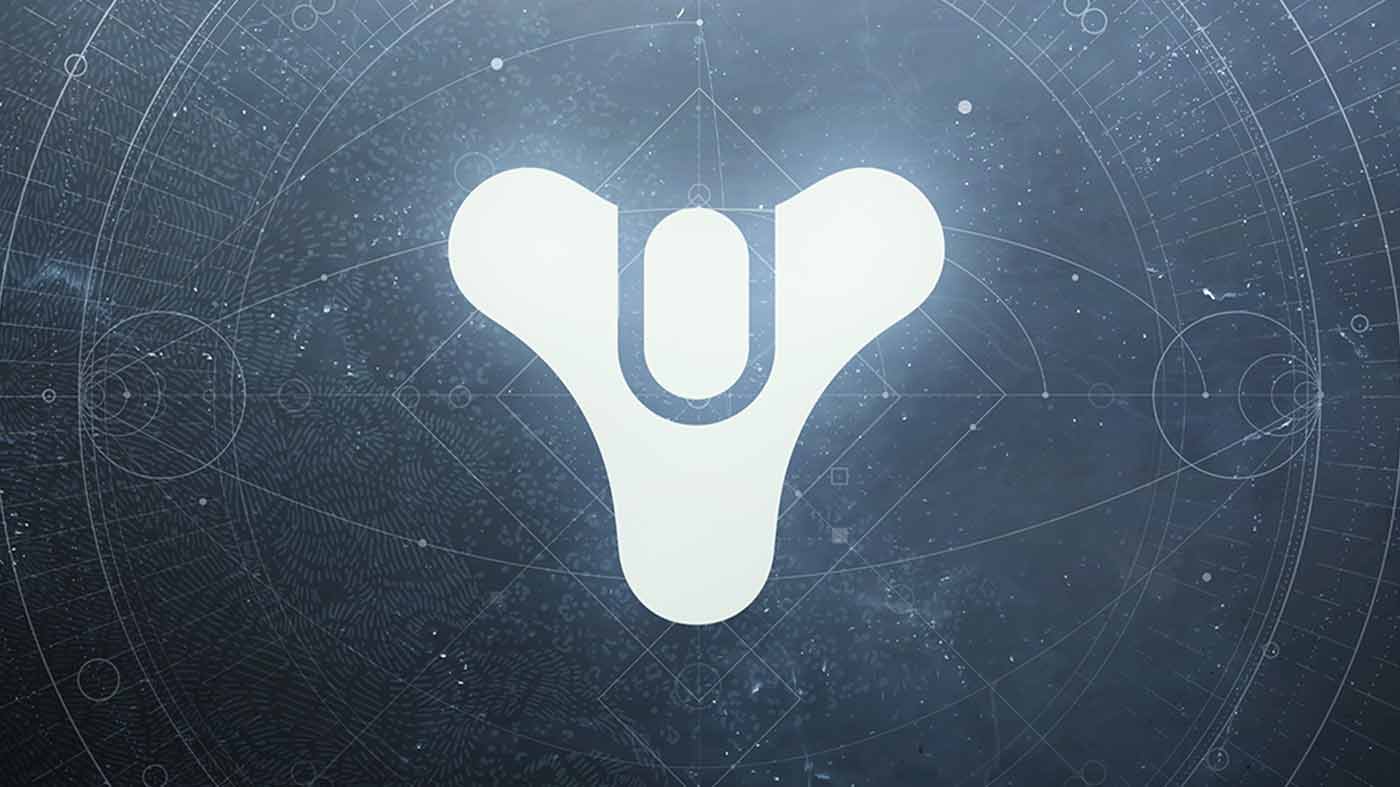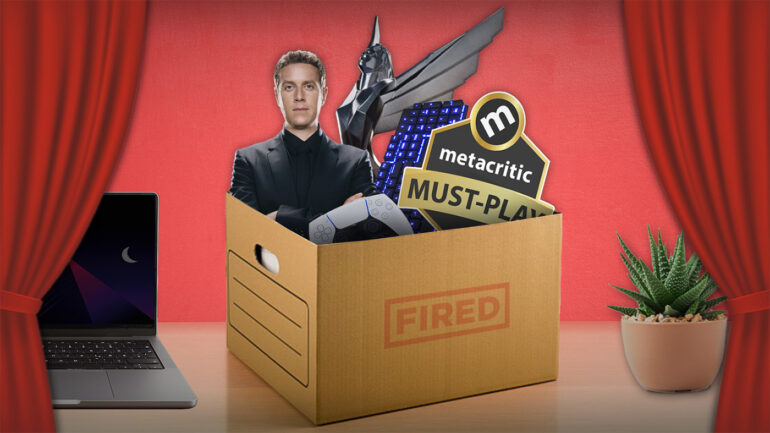It’s been quite a year in video games. And with a year so monumental, there are significant numbers that gamers and those people less invested in the “inner workings” of the industry should take note of.
96. 96. 94. 93. 92. 92. 92. 91. 91. These are just a sample of the tremendous video games from this year to receive glowing critical reception. At one point, the Game of the Year race was down to two thoroughbreds and yet every other week has delivered another to the starting gate.
And then there’s the most damning number of them all. 6,000.
An estimated 6,000 people have suffered the mass layoffs, redundancies, and even consolidation that has hit the tech and gaming sectors so very hard this year. 6,000 of the very people who’ve had a hand in so many of these tentpole releases that are collectively seeing 2023 hailed as one of the greatest twelve-month stretches for video game releases ever. And the divisions that these people work in are all-encompassing: art, audio, design, writing, public relations, the list really does go on.
The thing that often gets lost in translation is that every one of that 6,000 is someone who had been living out their dream job. For them, getting to work in video games was the tip of the spear, the pointy end of a career path that sadly has seen no security or longevity. And as we’ve witnessed throughout the very public redundancies at Bungie, even those with tenure and profound contribution all over their résumé, such as Michael Salvatori, are not safe.

During a press trip last year, I was fortunate enough to have a chance encounter with someone whose path was taking them from the games media part of the industry into the world of development. The publication he hailed from would, for most aspiring writers, be considered a desirable place to work, and despite his penchant for the written word, his passion still lay in game development. He told his story, shared links with me for the quirky games he’d been co-developing with a friend of his, and he also mentioned that he’d made it to the interview stage for a job at Bungie—a dream gig. Due to this person’s preference for anonymity, I won’t elaborate any further or even signal boost the things he’s working on at this stage, but all you need to know is that he, too, was one of the many let go in Bungie’s cuts last week.
For me, this placed a very kind, very human face at the forefront of my mind when I considered the year that has been. Of course, these redundancies occur for so many reasons. There’s the diminishing returns of ambitious live-service experiences, a downturn in public sentiment reflected by poor pre-order numbers, and especially the seismic shifts and restructuring we’ve seen due to corporate consolidation. It’s also an undeniable fact that a lot of developers hired up during the pandemic, an untenable position now that people aren’t cooped up inside all day.
There are thousands of stories like my friend’s that are, at the end of the day, numbers to most, especially those tasked with the decision to send them back out into the bread line rather than lighten their own packet. After all, every business is a “family” until it comes time to cut costs. But can we even hope for infrequent altruism to save the soul of the video games industry? I don’t think so, the example of Nintendo’s board and Satoru Iwata taking huge cuts to help the company simply aren’t commonplace and never will be.
There’s been an enormous uptick of unionisation within games development that, for mine, is the only viable pathway towards any stability within what has been a volatile industry for as long as I can recall. Of course, the protections they’ve sought up until this point pertain more to crunch, toxic culture, and misconduct, though job security is perhaps the next box they’ll need to check. Production companies sink every so often in film, however commercial flops don’t seem to regularly derail the careers of the teams behind them quite like they do in video games.

Without the protections of a union, I feel like the industry will continue its vicious cycle of empowering the mismanagers to protect themselves while cutting creative, talented people whose only real sin was providing a body to tail the fish’s rotting head to begin with.
Obviously, those are changes that’ll happen at the ground floor, and there are workers fighting the good fight to make it all happen. So what can we, the general public as well as games media, do to help? Not only should we continue to demonise dreadful corporate practices, we need to support unions, signal boost creatives and their work, and spotlight any job vacancies so that those impacted can transition without much drama.
We’ve all endured the single biggest acquisition season in our industry as Microsoft bought Activision Blizzard for almost seventy billion dollars, a process that has dragged out in courts for the past two years, while the big bad wolf that is Embracer gobbled up more studios than its tummy could handle. And through that absorption, at least in Microsoft’s position, the attempted integration of 17,000 more people into their already staggering 238,000-strong workforce begins. So while I suspect we aren’t entirely through the dark yet, all of those little things, the things that help the little guy, add up.
In fact, they’re necessary on the road to making 6,000 a smaller figure before it becomes a much bigger one.



